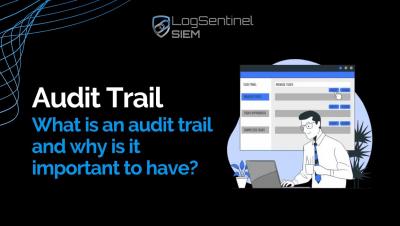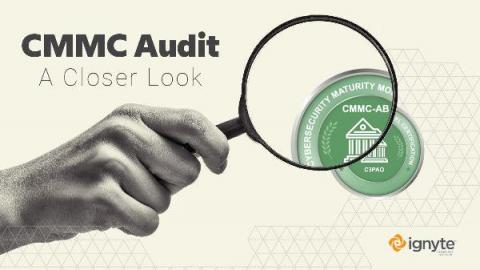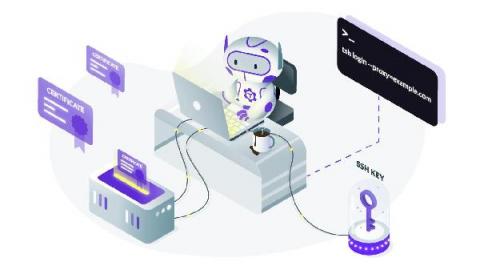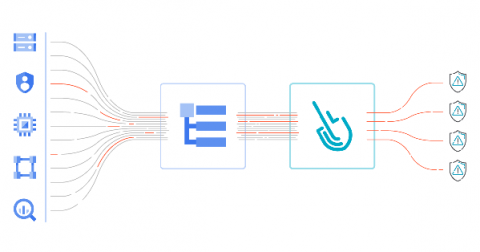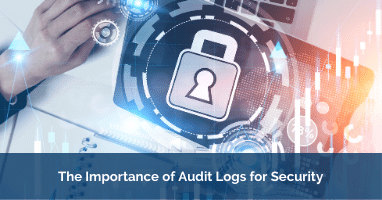Security | Threat Detection | Cyberattacks | DevSecOps | Compliance
Audit
CMMC Audit: What is it and how to prepare for it
Business owners whose revenue streams depend significantly or partially on government contracts have been recently faced with the mandatory emerging regulations called Cybersecurity Maturity Model Certification, also known as CMMC. All organizations working with the Department of Defense (DoD) and Federal government as their prime or subcontractors must be audited against these requirements by a competent third-party CMMC auditor.
What Are Audit Procedures for Internal Controls?
Audit procedures are the processes and methods auditors use to obtain sufficient, appropriate audit evidence to give their professional judgment about the effectiveness of an organization’s internal controls. Internal controls are the mechanisms and standards that businesses use to protect their sensitive data and IT systems; or as a means of providing accountability on financial statements and accounting records.
How an open source software audit works
Open source software audits can identify undetected issues in your codebase. Learn how our audit services can help you understand the risks during an M&A. Most of our clients understand that an open source software audit differs from an automated scan. An audit involves expert consultants analyzing a proprietary codebase using a combination of Black Duck® commercial tools and tools we’ve developed and use internally.
What's the System Description of a SOC 2 Report?
A SOC 2 system description outlines the boundaries of a SOC report. It contains pertinent details regarding the people, processes, and technology that support your product, software, or service. As a reminder, the SOC framework stands for System and Organization Controls. It is a broad architecture that organizations can use to audit the internal controls of vendors and business partners before entering a relationship with those firms, to assess whether those firms have a robust security posture.
Turning InfoSec Success into Audit Wins | Tips & Tricks Ep.1
Active Directory Auditing Guidelines
Active Directory and AD Group Policy are foundational elements of any Microsoft Windows environment because of the critical role they play in account management, authentication, authorization, access management and operations. Accordingly, proper Active Directory auditing is essential for both cybersecurity and regulatory compliance.
Teleport in 2021: Security Audit Results
We now live in an era where the security of all layers of the software stack is immensely important, and simply open-sourcing a code base is not enough to ensure that security vulnerabilities surface and are addressed. At Teleport, we see it as a necessity to engage a third party that specializes in acting as an adversary, and provide an independent analysis of our sources.
Detect suspicious activity in GCP using audit logs
GCP audit logs are a powerful tool that track everything happening in your cloud infrastructure. By analyzing them, you can detect and react to threats. Modern cloud applications are not just virtual machines, containers, binaries, and data. When you migrated to the cloud, you accelerated the development of your apps and increased operational efficiency. But you also started using new assets in the cloud that need securing.
The Importance of Audit Logs for Security
Audit logs are that thing that everyone has a good grasp about in theory, but is hard to define in practice. We have previously covered what is an audit log in IT context and now we’ll focus on why it’s important for security.


